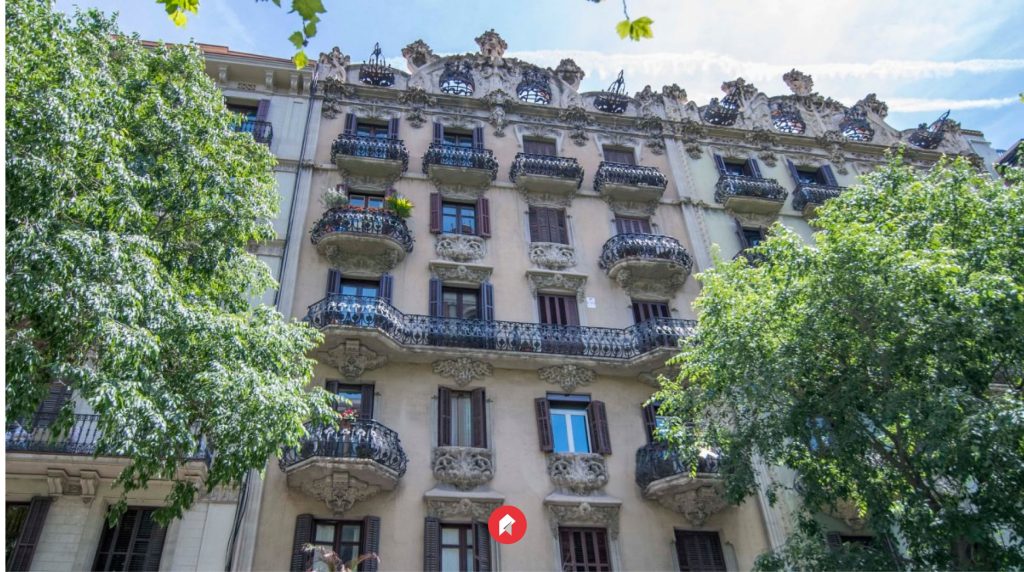Prices are rising while supply is decreasing. Alarming signals are emerging as price growth significantly accelerates in the most in-demand markets: Malaga (23%), Barcelona (20%), Valencia (19%), Palma de Mallorca (18%), and Madrid (11%). Meanwhile, the available supply decreased by an average of 17% in 2022, reaching 32% in Madrid and 28% in Barcelona, where the primary demand is concentrated.
Jose Ramon Surdo, the CEO of the Rental Agency, told the EFE agency that “some landlords, to compensate for the restriction that limits rent increases to no more than 2%, have decided to increase rental prices in principle since the current inflationary situation also affects them.” Surdo also claims that “many landlords, upon the expiration of contracts, decide either not to rent out their properties anymore or to sell them.”
The real estate consulting company CBRE predicts that the percentage of people living in rental housing will continue to grow in the coming years and will reach 26.4% of the total number of households by 2026. They acknowledge that prices are rising rapidly, now averaging 11.3 euros per square meter, and 18 euros per meter in Madrid and Barcelona.
CBRE disapproves of the measures included in the new Housing Law (Ley de Vivienda) recently passed by the Senate and emphasizes that 95% of the rental housing market is in the hands of private individuals. Under this law, landlords are now responsible for covering agency management fees instead of tenants. However, there is a loophole in the law that still allows these fees to be passed on to tenants in the case of temporary contracts (up to 11 months).
As a result, property owners in major cities in Spain have increasingly resorted to short-term contracts (up to 11 months), where they have the right to terminate the contract at the end of this period, increase the price again, and rent to new clients or raise the cost for existing tenants by signing a new contract for the same duration.
The real estate company CBRE blames the new legislation for not moving in the right direction to address the issue of affordable housing. “It creates legal uncertainty regarding investments and puts Spain at a disadvantage compared to other countries. Such measures usually restrict supply. They further increase prices and have a minimal impact on increasing supply and relieving overburdened cities.”
In Barcelona, there is already an increase in demand for deposit insurance through specialized insurance companies, making the housing search process even more challenging for tenants. One of the requirements imposed by insurance companies on tenants is having a work contract in Spain with a history of more than 1 year, with a monthly salary exceeding the rental cost by at least three times… the question is: where do ordinary Spaniards get such money? After all, the average salary in Barcelona does not exceed 1500-2000 euros.

Inequality among tenants
Maria Mato, Research Director at Fotocasa, emphasizes that the measure has provided “relief” for tenants who already have contracts but at the same time “hinders access to housing for future tenants in the process of searching, as the supply has decreased.”
Ferran Font, Research Director at pisos.com, acknowledges that they cannot determine how the market would have developed in 2022 if this measure had not been approved, but he emphasizes that the rent cap of 2% “has not stopped price growth.”
Font agrees that “the main problem lies in the rental prices that are currently entering the market and reducing its affordability, making it difficult for many people.”


